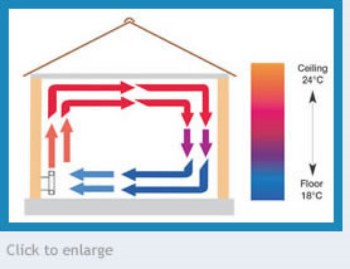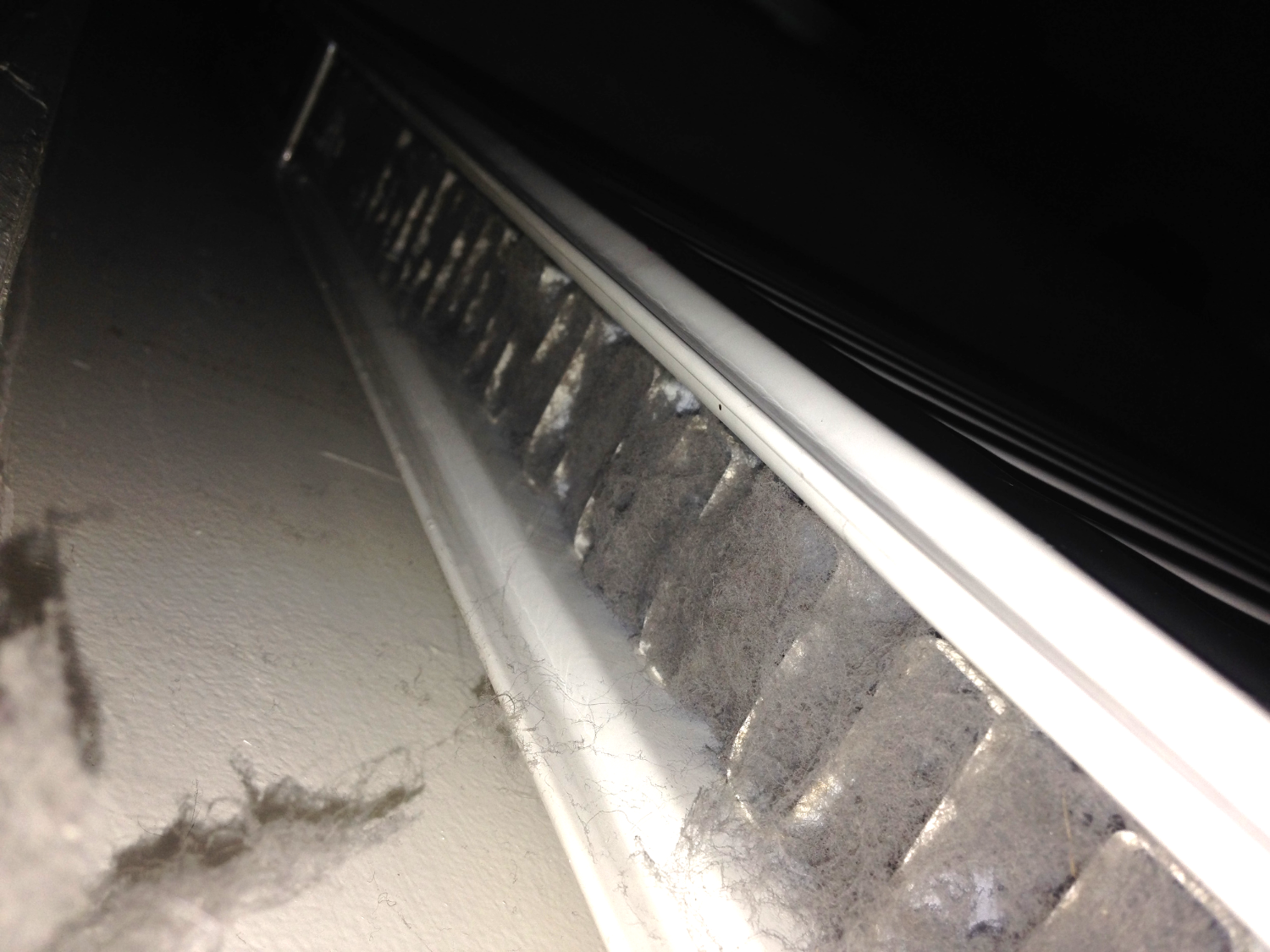Over the past few years, the UK economy has suffered through Brexit, COVID and now the cost-of-living crisis. Inflation is at an all-time high, energy and gas prices are continuously increasing. It has been stated that the cost of electricity rose by 65.5% and gas prices by 128.9% within a 12-month period (December 2021 – December 2022).
Your boiler's efficiency has a significant impact on both how well it functions and how much your fuel bills will cost. Your fuel costs will be lower the more efficient your boiler is.
Here are a few recommendations to ensure your boiler is working as energy efficient as possible:
- Annual Boiler Check/Service
Similar to a car, a boiler requires regular maintenance to remain operating at its best. Having the boiler serviced annually ensures it is working as energy efficient as possible and can also contribute towards the life of the boiler. The efficiency of boilers decreases naturally over time, and as system debris accumulates, it may prevent the boiler from operating at its best.
- Replacing an Old Boiler
Despite the fact that your boiler may still be functional after 15 years, it is worth thinking about upgrading it because the efficiency levels will have decreased, increasing your fuel costs. By installing a new A-rated energy efficient boiler, you could save up to £580 on your utility bills.
- Bleed your radiators
By releasing air bubbles that have accumulated in the piping system, a fully bled radiator can emit the maximum amount of heat. This significantly raises your home's heating efficiency and as a consequence, will enable you to save money over time.
Here are a few other recommendations made by Worcester Bosch to help improve the efficiency within your household.
https://www.worcester-bosch.co.uk/energy-saving-tips
Worcester Bosch Boilers
As accredited Worcester Bosch installers we are proud to promote their range of energy efficient boilers. Worcester Bosch was established in 1962 and since then they have released a wide variety of products. Their boilers are now all A-rated and highly energy efficient, making them cheaper to run and lower emissions contributing positively towards the climate crisis.
If you are interested in having your boiler serviced or replaced, please contact our office on 01432 880573 or send us an email to sales@neonheating.co.uk








